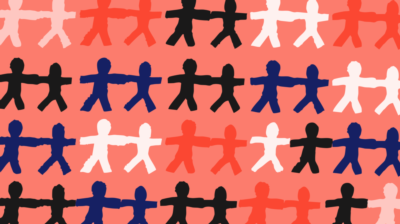Abortion Within Reason or Right: Navigating Reproductive Governance and Abortion Stigma in Madagascar's Urban Central Highlands
In Madagascar, the law on abortion is highly restrictive. In practice, this means that most women are unable to access a legal abortion. Nevertheless, for women who live in urban areas and can afford it, safe abortions are still available clandestinely within the private health care sector. Drawing on nine weeks of ethnographic fieldwork in the central highland cities of Antananarivo and Antsirabe in 2016 and 2017, in this article, I discuss how clandestine abortion providers and their clients navigate between restrictive laws, conservative moral regimes, and extensible practices on abortion. By discussing a seeming access paradox between abortion law, policy, and practice, the article plays into critical feminist scholarship that highlights the gap between the 1994 Cairo International Conference on Population and Development (ICDP) discourse on reproductive rights and Malagasy women’s reproductive realities. It also brings forth how abortion stigma pervades views on reproductive auton
https://doi.org/10.1007/s12116-024-09444-0



